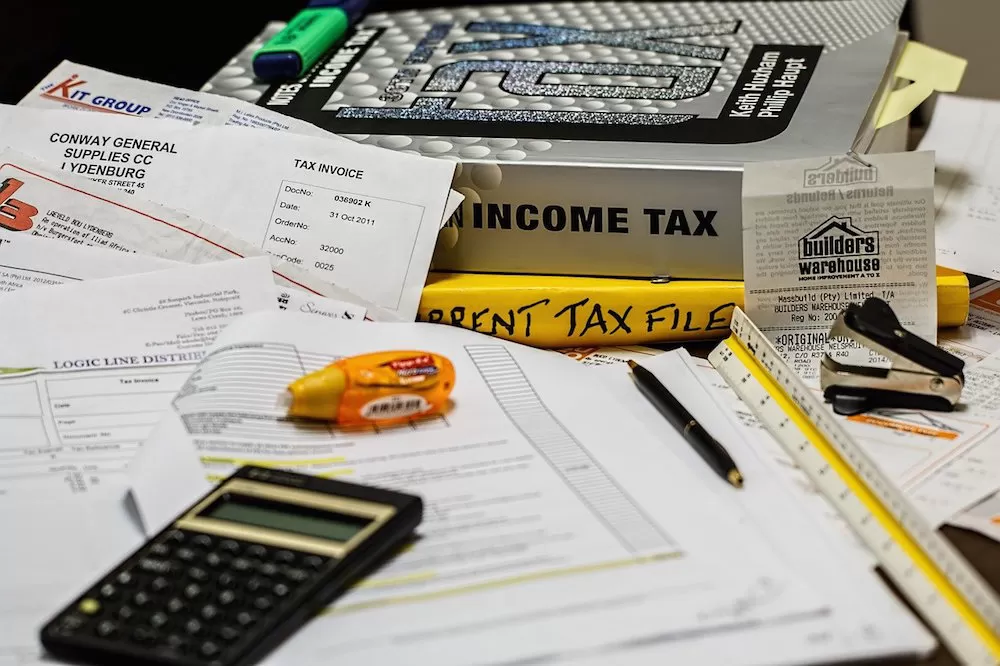
Simply put, if you're living, working, profiting, or own property in the US, you're required to pay taxes. These taxes help keep the country to operate normally ant to keep various systems intact, from the healthcare system to the state of the economy at large. In fact, if you're a citizen in the US, you're still required to pay certain taxes even when you've moved abroad. That's how important each person's contribution to the US tax system is.
All in all, there are three main types of taxes that you should know once you've moved to the US. Firstly, there are the taxes on income, instituted for those who earn money and profit off of the United States. At times, owners of business and properties in the country but are not even US citizens are obliged to contribute. And speaking of property, the second type of taxes are those based on the property you own in the country. Finally, the third are the taxes long foods and services. Practically everything you buy here comes with its own taxes.
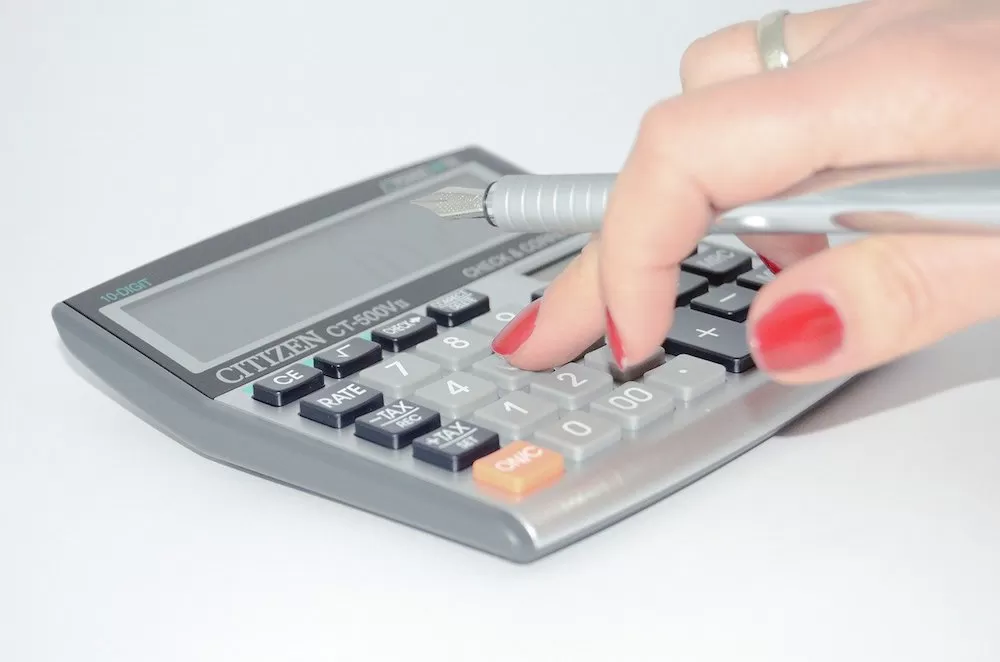
Now, when it comes to income tax, there are certain thresholds you should note in order to determine if you're required to file your income tax returns. For single people aged below the retirement age of 65, the gross income threshold is $12,200,00 a year. For married couples aged below 65 that are filing jointly, it's $24,00.00. For heads of their respective households, it's $18,350.00. And for self-employed professionals, the income threshold is a measly $400.00.
When you sell any important asset that you have, the profit you earned from that transaction will be taxed according to the Capital gains tax. The most common of such is your home. If you owned a home for at least five years and you lived there at least two years before you sold it, you'll have to pay a capital gains tax of 20% of your entire profit. This may seem unfair but it's how it goes in the US.
%IMG=52457%
Estate taxes, on the other hand, may seem similar, but there's no transaction happening here. Rather, it's when you've inherited property or any valuable asset. For instance, when your parents pass on and you're th immediate heir, you'll have to pay taxes on all of what you inherited from them. This includes their house, most of their belongings, and even the money they left in the bank. But don't worry. This tax exempts the first $5.43 million, so if your parents don't have any more money than that, you're not required to contribute.
Here in the US, almost everything that you own is subject to taxes. But the most important of which is your home. The property tax you pay depends on the real estate value of your land and house. Simply put, the better your place and its location are, the higher taxes you have to pay. The good news is doing so can be less of a hassle as paying your property taxes can be part of your mortgage payments.
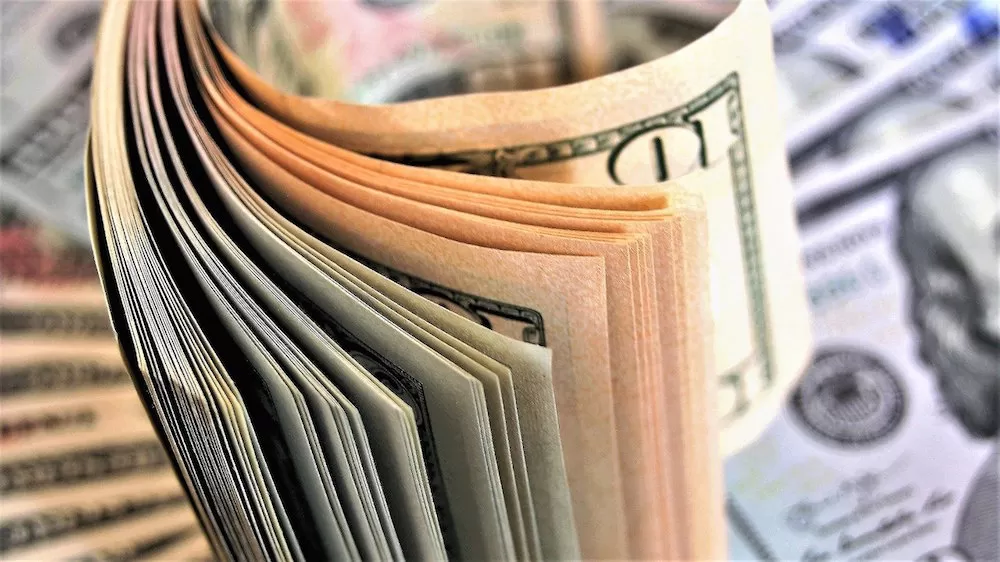
Now, what about the real estate tax on your home? How do you know how much you have to pay for? According to Debt.org, it's "often subject to fluctuation based upon a jurisdiction’s assessment of the worth of a property based on its condition, location, and market value, and/or changes to the amounts apportioned to various recipients of the tax." The gist of it is, unfortunately, it's beyond your control of how much you have to pay real estate tax on your property.
Here in America, you're taxed on whatever you buy. From the bag of chips you bought in a convenience store to a new pair fo shoes, you'll be taxed on all of them. It doesn't seem that much of a hassle because, when you pay for such items, you're already paying the sales taxes along with them. This means that the bag of chips you just snacked on might have had a retail price of $5.00, but because of the sales tax, you had to pay $6.20 for it.
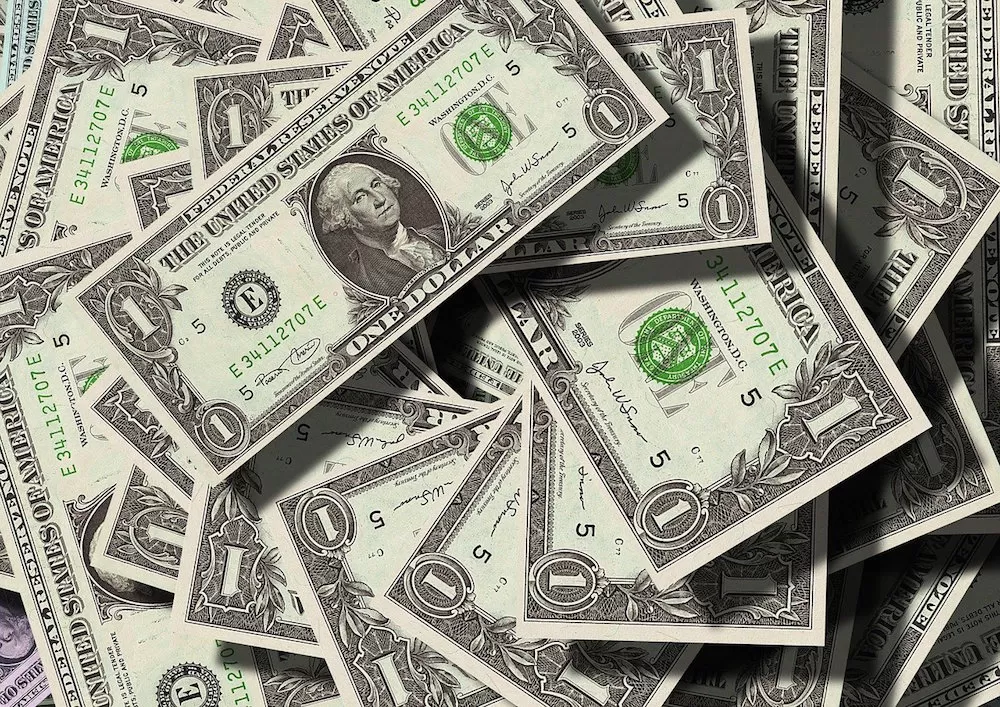
You might be new to the concept of excise taxes, so to put it simply, the tax you pay is based on the number of items and not on its value specifically. Debt.org provided a great example: "the federal government imposes an excise tax of 18.4 cents on every gallon of gas purchased, regardless of the price charged by the seller." Though the rate for such depends on each individual State in the country.
When you buy an airline ticket and you have to pay a little more than the retail price or when you go through toll roads, you're essentially paying for user fees. This form of tax is more based on services rather than purchasing a specific item. And similarly to the excise taxes, the rate you pay depends on the state you live in. Still, when you make use of certain services, expect to shell out more money than you initially thought the prices of such were.
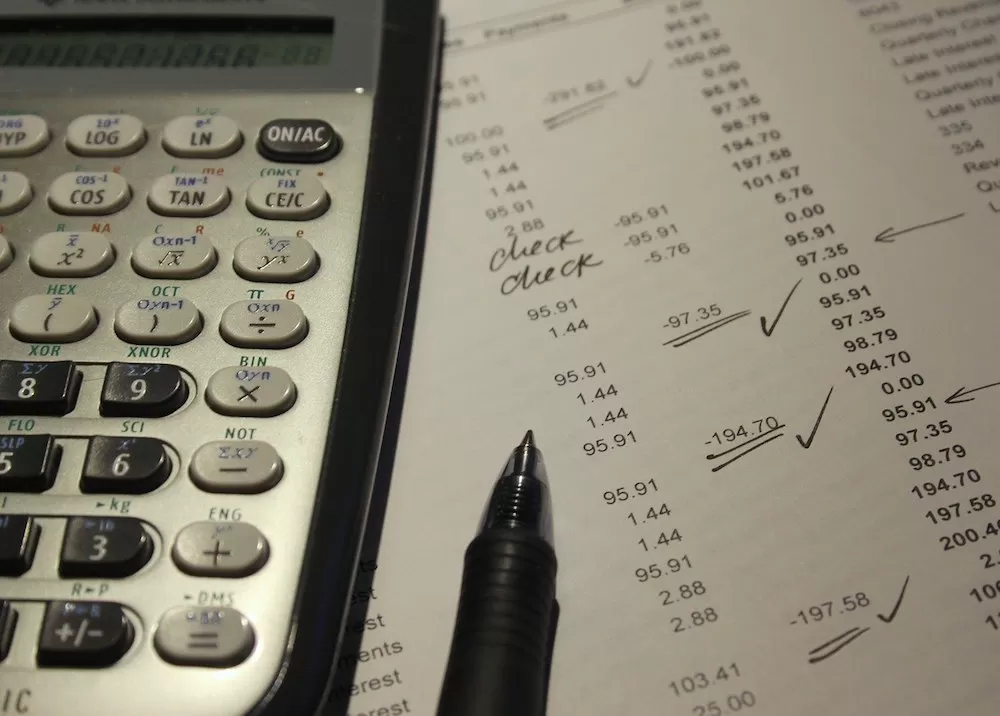
Should it really surprise you that living in the USA would mean you have to pay a lot of taxes? You're residing in the top first-world country in the world. Of course you have to pay your fair share in order to enjoy the comforts and privileges here!
Although getting a US luxury apartment as your home here will mean paying more taxes, every cent you pay for it will be worth it!